by S. A. Cranfill | Feb 17, 2020 | Book Reviews, Juvenile Heroes

Can you really teach “Econ 101” to young kids?
Is that possible? By way of a friend’s introduction, I’ve bought and read both Under the Staircase books and wish I’d found them much earlier, when I was teaching homeschoolers. I’ve not seen anything like these books anywhere else. I hope to see more of them in the future. I passed mine on to a homeschooler with young kids. I’ll probably buy more.
What if you have a genuine passion for foundational principles that actually work (more…)
by S. A. Cranfill | Feb 17, 2020 | 17th-Century British & American History, Shakespeare
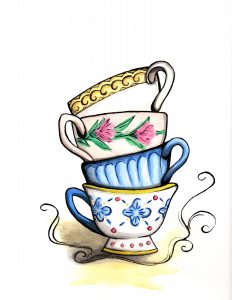
England Without Tea?!
It is hard for us modern-day Americans to imagine England without tea. What?! England without tea?! In Will Shakespeare’s day, that was (gasp!) indeed the case.
Have you heard the expression, “for all the tea in China”? It is from China that the drink made from boiled water and special leaves spread to Japan, Southeast Asia, Indonesia, and India. The adventurous Portuguese led the way for Europe. (more…)
by S. A. Cranfill | Feb 15, 2020 | Book Reviews
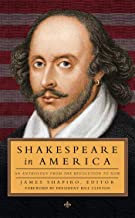
Shakespeare Crosses the Pond
By the mid-1800s, writes Professor James Shapiro in his insightful and informative Introduction to Shakespeare in America: An Anthology from the Revolution to Now, Will Shakespeare’s works had become widely known, “a cultural touchstone that transcended region and class.” He adds that “the history of Shakespeare in America is also a history of America itself,” a sharper narrative than that of the textbooks,… (more…)
by S. A. Cranfill | Feb 9, 2020 | Book Reviews
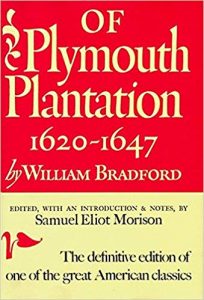
Samuel Eliot Morison’s 1952 Edition Is a Great American Treasure
Be grateful for good, knowledgeable, and insightful editors who turn old, difficult-to-decipher, but invaluable manuscripts into versions we 21st-Century moderns can read and enjoy. I have the 1993 hardback copy of the esteemed professor’s edition, with dust jacket, heavily marked up in many places. In his preface, Admiral Morison tells us that: (more…)
by S. A. Cranfill | Feb 8, 2020 | Book Reviews
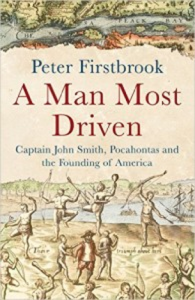
BBC Documentary Producer Travels with Captain Smith
Did you know that Captain John Smith was not romantically involved with Pocahontas (she was a mere child), that he was not the liar and boaster some call him, that he named New England, that he fought the Turks, saved Jamestown, escaped from pirates, survived an almost deadly gunpowder explosion, and was an amazingly resourceful, clever, and entertaining hero who deserves his own television action series? The last is my own suggestion, but you can find the rest and a lot more in this innovatively researched account by Peter Firstbrook who traveled far and wide to test the writings of John Smith. (more…)
by S. A. Cranfill | Feb 8, 2020 | 17th-Century British & American History, Braving the New World, European and British Colonization of America, South America, The Pilgrims, The Year of the Mayflower
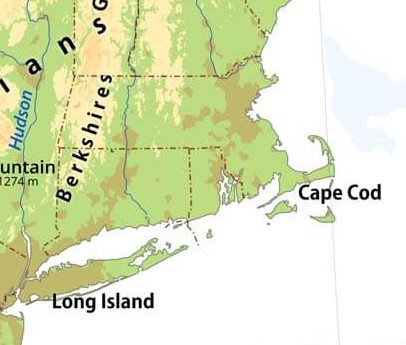
Cape Cod? New Plymouth? The Hudson River?
The Pilgrims Were Headed for Virginia?
We saw in a previous post titled “The Year of the Mayflower” (Feb 2020) that the Pilgrim Fathers had a patent to settle their own, independent colony within the greater Virginia (which stretched from modern-day South Carolina to mid-Maine), with intent to settle somewhere along the Hudson River, and that Plymouth was already named on John Smith’s map (a copy of which the Pilgrims had purchased), but that the New Plymouth was not on the itinerary. So, how did they end up on the coast of Massachusetts? (more…)
by S. A. Cranfill | Feb 6, 2020 | 17th-Century British & American History, Braving the New World, Captain John Smith, The Pilgrims, The Year of the Mayflower
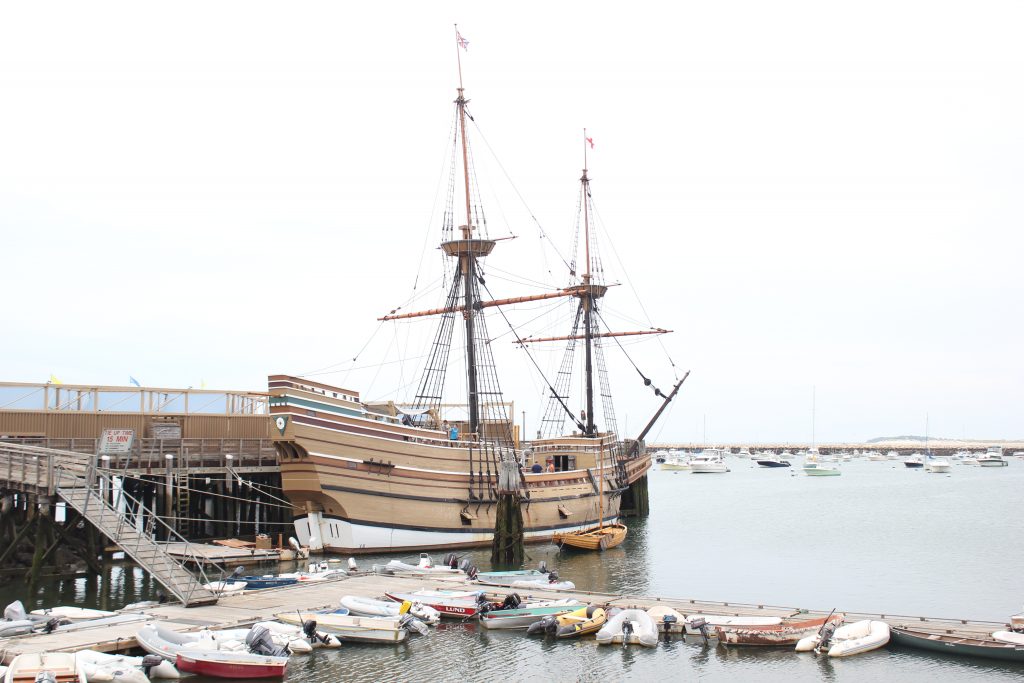
The Mayflower Replica in a 2016 Plymouth Harbor (taken by author)
The Pilgrims’ 400th Anniversary Year
It’s February 2020. This next November, it will be 400 years since the Mayflower rounded “the fist” of Cape Cod’s flexed arm and found their first safe harbor near today’s Provincetown. In December, it will be 400 years since the Mayflower crew and passengers, after some exploration, anchored their ship in Plymouth Bay and sent men ashore in the shallop (for the second time) with intent to settle the place called Patuxet by the Wampanoags. (more…)
by S. A. Cranfill | Jan 12, 2020 | 17th-Century British & American History, Braving the New World, Shakespeare, Squanto
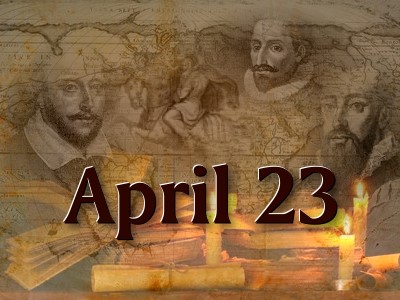
A Significant Date for Some Famous People
The year 1616 was significant not only to Pocahontas, Squanto, and Captain John Smith, but also to men who would become two of the world’s most famous writers ~ William Shakespeare and Miguel de Cervantes.
They are both said to have died on April 23rd of 1616, Shakespeare at a mere 52 and Cervantes at 68. Because of their works and their influence, English would become known as the language of Shakespeare, and Spanish would be called la lengua de Cervantes (the language of Cervantes). (more…)
by S. A. Cranfill | Jan 12, 2020 | 17th-Century British & American History, Braving the New World, Captain John Smith, Pocahontas, Squanto
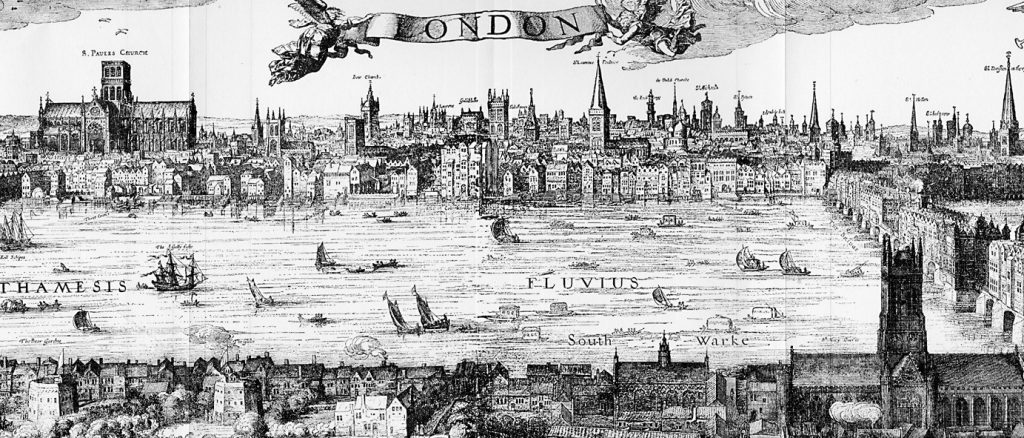
1616 Engraving of London by Claes Visscher
A Most Interesting Year for Some Famous People
Do you know who was in London in 1616? All at the same time? The same year (or very close) that Dutch artist Claes Visscher published his magnificent etching of a panorama of London? Did you guess Lady Rebecca Rolfe, a Massachusetts Patuxet called Tisquantum, and the soldier-adventurer Captain John Smith? If you did, you are truly a history nerd!
Did they meet while in London? Two of them had a well-documented meeting. The third? No proof or mention, but perhaps a possibility, if we use our imaginations. Let’s find out more about what happened in London in 1616 and how it impacted the New World called America. (more…)










